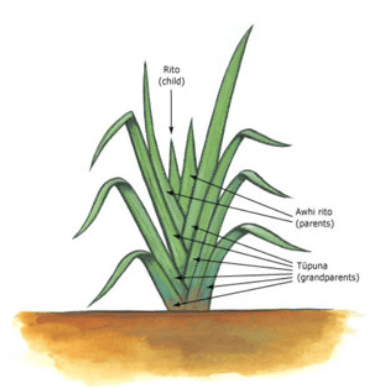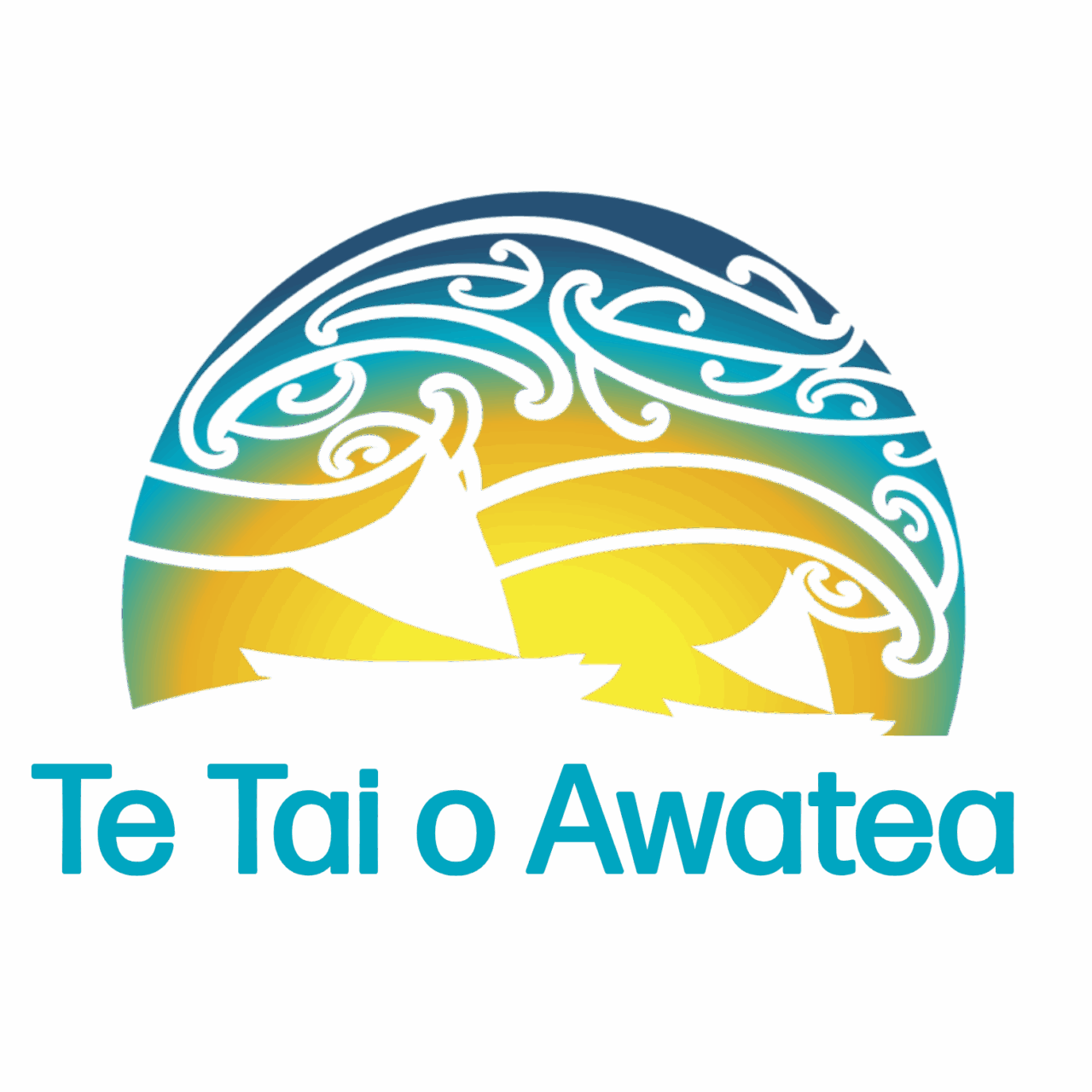
"Protect and nurture the Flax Plant”
Safeguarding Children Policy
Why we have this policy:
Te Tai o Awatea understand we are all kaitiaki of our tamariki and rangatahi. Our kaupapa and guiding whetū speak to the intention to ensure all our whānau thrive. We acknowledge the taonga our mokopuna are both now and for the future, and that it is in their hands that our strength lies.
Te Tai o Awatea understand that child abuse and neglect happens every day in Aotearoa, and lays deep damaging pathways for children both now and into their adult life.
What this policy does:
We have this policy to establish our commitment to making sure, in all our activities, that Te Tai o Awatea have safe people to run those activities so abuse cannot take place through those - relationships- (this is set out in our Safer Recruitment Policy), and that all our kaimahi are trained in identifying vulnerability, abuse and neglect, and know how to respond to it- (this is set out in the Safeguarding Procedures attached.)
We have a clear policy that any concern of any kind about a tamariki or rangatahi must be reported by Kaimahi to Te Tai o Awatea’s Designated Person, our Kaiwhakahaere immediately who will work with kaimahi to ensure this policy and attached procedures are followed in all situations. This is expected whether the concern arises from the child themselves, is disclosed by the child or another person, or it arises from behaviour witnessed concerning one of our kaimahi towards tamariki or rangatahi.
Whilst we expect all our kaimahi and regular volunteers to follow this policy and procedures, if they have concerns about any tamariki or rangatahi, and they feel this policy or procedures are not effective in keeping a child safe, they may contact Oranga Tamariki directly, seek further advice and make a Report of Concern.
The wellbeing of tamariki and rangatahi will always be our paramount consideration in all our decision making. We will ensure, by never working alone, that we have checks in place to prevent collusion with other adults, and we will never enter into Settlement Agreements which condone an adult’s inappropriate behaviour towards a child.
We will always share information with other agencies where that information is needed to keep a child or young person safe unless to do so will create more risk of harm to that young person or child. We have a Privacy Policy that provides further information about how we use information.
Who is this policy is for:
This policy is our guide for all Trustees and Kaimahi/ contractors. (‘Te Tai o Awatea whānau’)
Children and Young People: This policy applies to all children under the age of 14 years old and young people between the ages of 14 to 18 years of age who Te Tai o Awatea kaimahi come into contact with either directly or indirectly, during the course of their work.
Definitions used in this policy and procedures:
The Oranga Tamariki Act, 1989, defines child abuse as "…the harming (whether physically, emotionally, sexually), ill-treatment, abuse, neglect, or deprivation of any child or young person”.
A child is a person under the age of 14 years old.
A young person is a person of or over the age of 14 years but under 18 years.
Early intervention is the process of identifying child or youth vulnerability and risk early, and following a process to put in place supports to strengthen well-being and health of the child and whānau. Early intervention often includes an integrated community response.
Child Protection is the action taken when a concern of child abuse or neglect are held. More information about types of abuse and signs that can be seen on a child or young person can be found in Appendix A.
Training and Induction:
Our Designated Person will ensure that all kaimahi, contractors and regular volunteers are trained bi-annually in identifying and responding to vulnerability, risk, and child protection.
They will ensure that all new kaimahi are inducted into this policy and procedures, and as soon as possible, will attend child protection training. If this is not possible for some time, the Designated Person will ensure child protection training is completed by E-Learning within three months.
Related Policies:
· Ngā whakaritenga mō te tono i te Kaimahi Tika
· Ko ngā tikanga haumaru
· Code of conduct
· Kōrero Matatapu me te Whakapuaki kōrero
· Kaupapa here mō te Whaakitanga
· Tohatoha o ngā whakaahua me te hopu whakaahua
· Kaupapa here mō te Hauora me te Haumaru.
This policy is related to the following legislation:
- Te Tiriti O Waitangi 1840
- Oranga Tamariki Act 1989
- Privacy Act 2020
- Human Rights Act 1993
- Family Violence Act 2018
- Health and Safety Act 2015
- Children’s Act 2014
- United Nations Convention on the Rights of the Child (UNCROC) 1989
Review and Responsibility:
The Board of Trustees are responsible for this policy and will review it at least every year, upon change in legislation, or upon any child protection incident. The Board of Trustees may delegate review and development of the procedures to the Kaiwhakahaere. Date. 7th August 2024.
PROCEDURES. Our Procedures are:
Procedure 1: Responding to Suspected or Actual Child or Young Person Vulnerability, Abuse or Neglect.
Procedure 2: Responding to an allegation of child abuse or neglect by a staff member or volunteer.
Procedure 3: Responding to a disclosure of child abuse or neglect.
Appendix:/ Appendix:
A: Ngā Pū-Tautahi mō te Tūkino me te Iwikore / Definitions of Abuse and Neglect
B: Ngā Tohu mō te Tūkino me te Iwikore / Indicators of Abuse and Neglect
C: TTOA Puka Āwangawanga mō te Tamariki / TTOA Tamariki and Rangatahi Concern form
D: Mapi o te Tīnana / Body Map
E: Rārangi mō ngā Tohu Whakaraeraetanga / List of Vulnerability Factors
